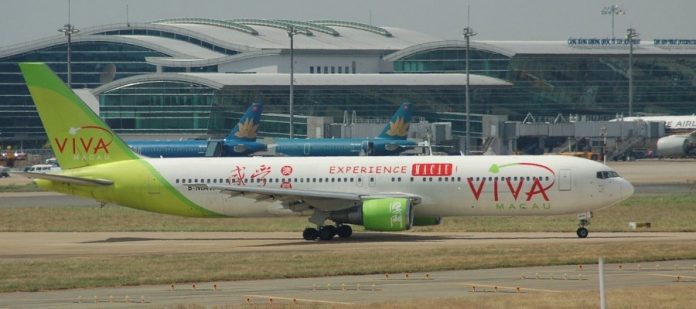The Commission Against Corruption (CCAC) produced a report on the government loans granted to Viva Macau in 2008 and 2009. Then, the company received over 212 million patacas in five installments. The inquiry on the loans’ process started in 2018. Not too soon, indeed, but at least, and at last, the conclusions are now available.
The matter was on the public eye from the start, and even more when the company lost its flying license in unusual circumstances. Meanwhile, the company went down, the money vanished and, it seems, so did any responsibilities for the affair.
The official press note is fast to declare that there will be no penal consequences. The Commission did not identify any criminal intention and responsibility for potential criminal acts, if any, lapsed. Irrespective of the arguments supporting that conclusion, it comes as no surprise. After so many years, it was unlikely that anyone would be made liable for the public coffers’ loss or the irregularities that presumably allowed them to happen.
While there was a narrow scope for accountability, there was still much to be learned. The report might clarify how such an egregious failure to protect the public interest was even possible. In that sense, the report provides little. It leaves many questions unanswered, if not unasked. It appears intent on limiting the scope of inquiry as much as possible and looking no further.
It essentially blames it all on the negligence and incompetence of the high officials directly involved. That is not conceivable. It would require limitless levels of both from them. And the lameness of the almost exculpatory note – that they had no knowledge on aviation finances – only accentuates the disbelief.
Remember, the loans came from FDIC, a fund aimed at small and medium companies. It requires no expertise in aviation or finance matters (or any other, actually) to realize that Viva Macau was even not eligible. Nowhere in the world would it qualify as SME. The fund provided interest-free loans up to 600,000 patacas. If needed, an elementary calculation would show the loans amounted to more than 350 times the top limit. Further, a new loan could not be granted if the previous one had not been reimbursed. Not a single person noticed, four times?
Just on the procedural side, there would be topics to go on and on. But enough was said to realize this was a missed opportunity to set the record straight.




















